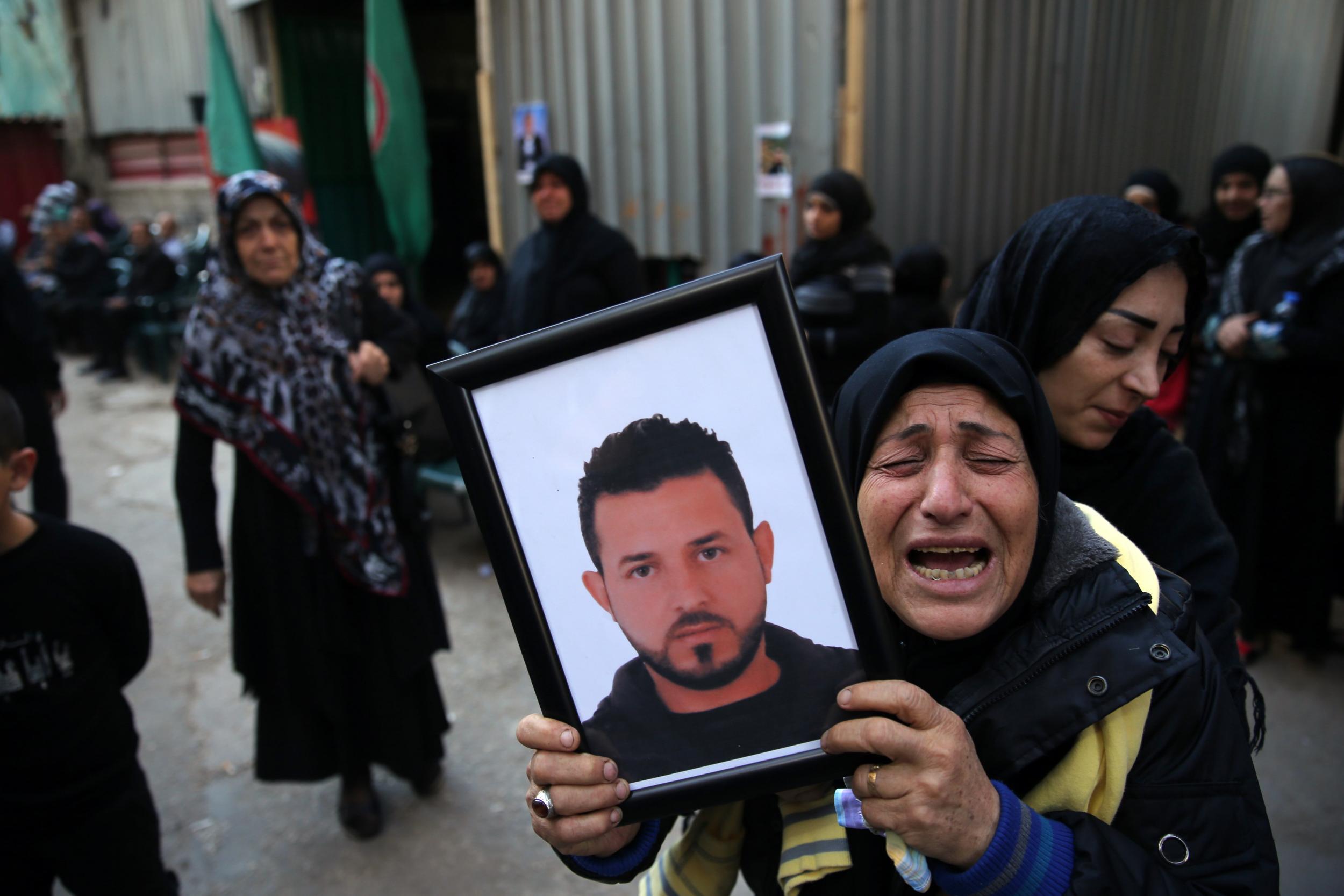Facebook criticised over Paris attack ‘safety check’ after no action on Beirut bombing
Lebanese people took to social media to call out the social network's differing treatments of the two atrocities

Your support helps us to tell the story
From reproductive rights to climate change to Big Tech, The Independent is on the ground when the story is developing. Whether it's investigating the financials of Elon Musk's pro-Trump PAC or producing our latest documentary, 'The A Word', which shines a light on the American women fighting for reproductive rights, we know how important it is to parse out the facts from the messaging.
At such a critical moment in US history, we need reporters on the ground. Your donation allows us to keep sending journalists to speak to both sides of the story.
The Independent is trusted by Americans across the entire political spectrum. And unlike many other quality news outlets, we choose not to lock Americans out of our reporting and analysis with paywalls. We believe quality journalism should be available to everyone, paid for by those who can afford it.
Your support makes all the difference.Facebook has come under fire for implementing a ‘safety check’ feature for the Paris terror attacks, but not after deadly bomb blasts hit Beirut.
People in Lebanon suggested the social media platform's approach implied the lives of Western victims were being prioritised over those in the Middle East.
The safety check feature allows people caught up in major incidents such as terrorist attacks or natural disasters to inform friends and family they are not in danger.
Before the attacks in France, it has only previously been used after natural disasters such the recent earthquake in Pakistan.
Suicide bombers killed at least 43 people in Beirut the day before Paris came under siege. Both attacks were claimed by the Islamic State (IS).
Lebanese blogger Joey Ayoub, who studies at the School of Oriental and African Studies (SOAS) in London, wrote in a blog post on Saturday: “These have been two horrible nights. The first took the lives of over 40 in Beirut, the second took the lives of over 100 in Paris.
It also seems clear to me that to the world, my people’s deaths in Beirut do not matter as much as my other people’s deaths in Paris.
‘We’ do not get a safe button on Facebook. ‘We’ don’t get late night statements from the most powerful men and women alive and millions of online users. ‘We’ don’t change policies which will affect the lives of countless innocent refugees.
This could not be clearer.”
Mr Ayoub’s blog post has been shared over 10,000 times on Facebook, according to Aljazeera.
On Twitter, many users share his sentiments and have criticised Facebook for its lack of action. Facebook also introduced an overlay for profile pictures in the colours of France's flag for users to show solidarity with victims, but not Lebanon's.
Facebook founder and CEO Mark Zuckerberg addressed the criticism, saying: “Many people have rightfully asked why we turned on Safety Check for Paris but not for bombings in Beirut and other places.
"Until yesterday, our policy was only to activate Safety Check for natural disasters. We just changed this and now plan to activate Safety Check for more human disasters going forward as well.
"Thank you to everyone who has reached out with questions and concerns about this. You are right that there are many other important conflicts in the world.
"We care about all people equally, and we will work hard to help people suffering in as many of these situations as we can.”
Join our commenting forum
Join thought-provoking conversations, follow other Independent readers and see their replies
Comments